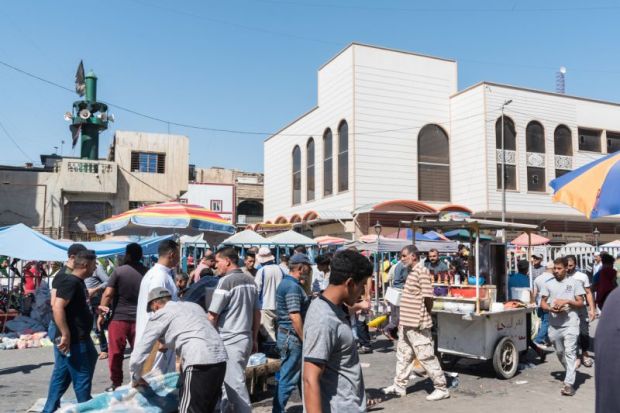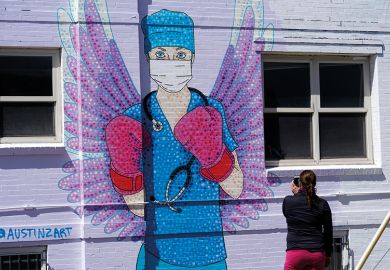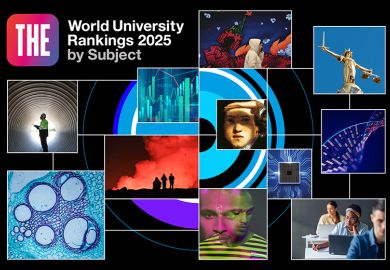Browse the full Impact Rankings 2020 results
After the change of regime in Iraq in 2003 and the succession of temporary and permanent governments, higher education and scientific research received scant attention.
Some governments allocated substantial amounts of funds to develop the university sector – the national education strategy of 2012 is one example – but without a clear vision to advance the sector or real academic leadership these efforts were a waste of time and money. The absence of a unified vision resulted in the loss of many scientific and research efforts because they were not counted, recorded or submitted effectively.
Following the formation of the current Iraqi government at the end of 2018, for the first time a national higher education programme was established with specific dates, clear initiatives and defined objectives. The first of five goals was: “The entry of Iraqi universities into the World University Rankings”. The Iraqi Ministry of Higher Education and Scientific Research paid special attention to the Times Higher Education World University Rankings.
Since the programme was approved there has been noticeable progress in the work being carried out by universities, as demonstrated by institutions forming specialist teams to execute each aim of the strategy.
University leaders in Iraq must now focus their attention on the THE Impact Rankings and their role in achieving the United Nations’ Sustainable Development Goals. Iraq has committed to the UN SDGs since 2016 and the Ministry of Higher Education and Scientific Research is a key player in the National Committee for Sustainable Development.
Universities in Iraq already act on the global agenda in many ways, by including the SDGs in curricula where possible, looking more closely at their carbon footprint, and paying more attention to gender equality in terms of both student and staff recruitment. Many female academics are now taking positions as heads of departments, deans and even deputy vice-chancellors.
The THE Impact Rankings and the SDGs should be a focus so that all these efforts can be documented and recognised. This will also encourage other universities that fall behind in this area nationally to reconsider their efforts.
Universities are not only places of teaching, learning and scientific research – they are also well-established and influential institutions in the cities, societies and countries in which they exist. In addition, universities have thousands of employees and are working environments where issues related to equality, justice, health and the economy need to be considered.
For this reason, the most pressing task of the Ministry of Higher Education and Scientific Research in Iraq must be to produce a new generation of university leaders with national and international knowledge of higher education on both technical and political levels.
The return of a large number of Iraqi students who studied at universities in the UK, US, Australia, Germany and elsewhere provide a great opportunity. They represent human resources ready for investment, as well as mediators who will assist in transferring knowledge and skills from their foreign universities to Iraqi institutions by creating opportunities for scientific and academic collaboration through networking and events. This, in turn, will support the position of Iraqi universities in global rankings, especially in the THE Impact Rankings.
Zeyad Yousif is lecturer in sustainable manufacturing at the University of Technology, Iraq and chair of the Education Society Chapter at the Institute of Electrical and Electronics Engineers in the UK and Ireland.
Register to continue
Why register?
- Registration is free and only takes a moment
- Once registered, you can read 3 articles a month
- Sign up for our newsletter
Subscribe
Or subscribe for unlimited access to:
- Unlimited access to news, views, insights & reviews
- Digital editions
- Digital access to THE’s university and college rankings analysis
Already registered or a current subscriber? Login









